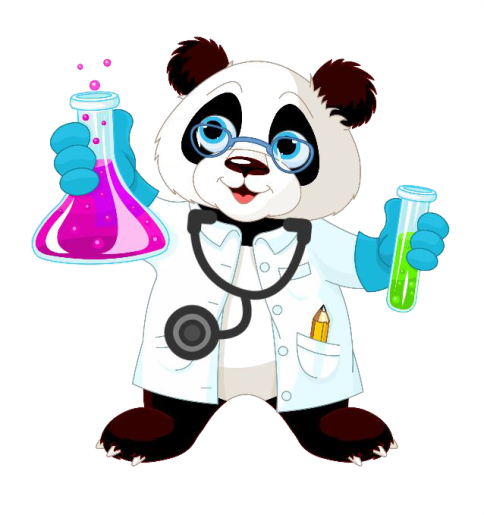- matter: the stuff that makes up everything in the universe. Anything
that has mass and takes up space. - properties (of matter): ways to describe or categorize matter.
Hardness, texture, shape, temperature, flammability, size, and colore
are all examples of properties of matter. - characteristic properties (of matter): a quality of a substance that
never changes and can be used to identify unknown substances (ex.
Boiling point and melting point). - chemical reactivity: the ability of a substance to undergo a specific
chemical change. This is a characteristic property. - boiling point: the temperature at which a substance boils (the boiling
point of water is 212 degrees Fahrenheit or 100 degrees Celsius). This
is a characteristic property. - melting point: the temperature at which a substance melts. This is a
characteristic property. - density: the measurement of how much mass of a substance is
contained in a given volume. D = m/v - mass: a measure of how much matter is in an object.
- weight: a measure of the force of gravity on an object.
- volume: the amount of space that matter occupies.
- International System of Units (“SI”): the system of units used by
scientists to measure the properties of matter. - states (of matter): the three traditional states of matter are solids
(fixed shape and volume) and liquids (fixed volume and shaped by the
container) and gases (filling the container); “the solid state of water
is called ice.”
701 total views, 1 views today
